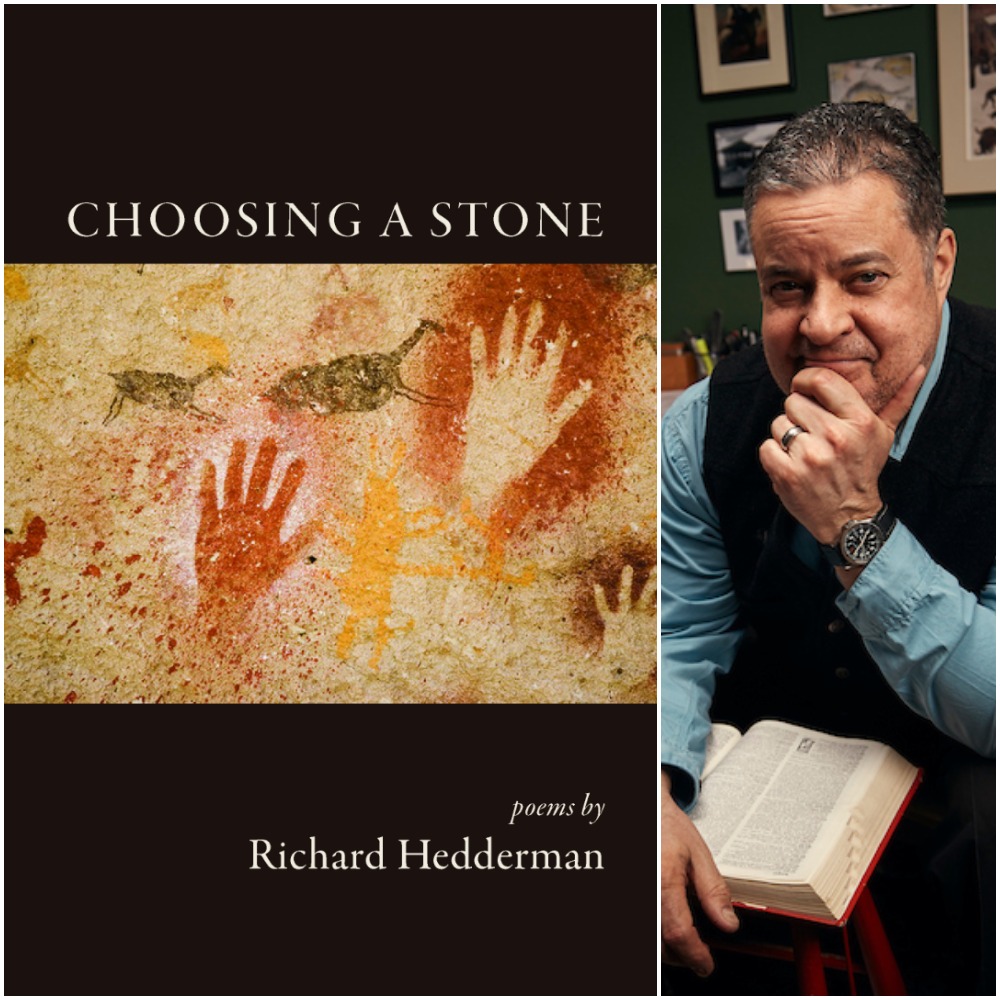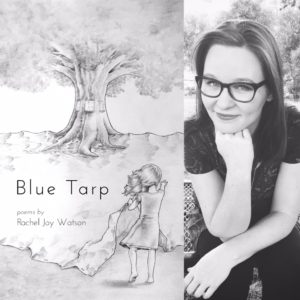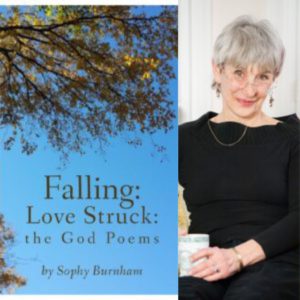Much in the manner of Francis Ponge, Richard Hedderman’s poems in Choosing a Stone delve into the essence of things in startling ways to reveal hidden depths. Here, for example, an avocado’s slightly musty odor is “like an old well / where the five senses have come to drink and drowse,” or “the moon is an ax // grinding itself against the wind.” Whether luxuriating in the simple delights that life offers—hammocks, Basque cuisine, cloud-gazing or reinventing scenes from Beowulf and Hamlet, the poems are sensuous and painterly, and (if I may appropriate one of Hedderman’s images for tomatoes) they “hoard . . . in their flesh fabulous waters.”
–Richard Foerster, author of Boy on a Doorstep: New and Selected Poems
The poems in Choosing a Stone are rife with all sorts of deliciousness. Such elegant writing! Most important, Hedderman’s language is exquisite. His word choices are attuned to sound and echo giving them a haunting quality. As well, these are love poems—to a woman, to objects of nature, to history and its heroes and villains. It’s as if Hedderman is speaking to past, present and future at once as the author of his own mythos. He “gathers together fragments of time” into wonder-filled verses. Most important, these are poems of refuge. There is a sense of sanctuary, safety and respite. With him, readers will “Walk, clothed in rags,/into [his] astonishing world.”
–Karla Huston, Wisconsin Poet Laureate 2017–2018, author
of Grief Bone, Five Oaks Press
“Richard Hedderman’s brilliant poetry is concise and concentric, like that steelhead he sees caught and released, revealing nature’s glint and muscle, a rare moment, ephemeral but here, as the poet shows us what is hidden or not often noticed. It is a delight to read a poet who revels in the beauty in being. His poems bring me closer to myself. Questioning an afterlife, the poet see his own heaven as ” . . . a place/to lie down in for an hour/with the long summer sun on our faces,/amid the drone of bees in a tended garden. . . . Reading Choosing a Stone, I am reminded of Thoreau’s attention to the blessings and intricacies in our natural world, which give our lives meaning, and his belief that a life well-lived is one that chooses only what is essential.”
–Nancy Takacs, author of The Worrier, winner of the Juniper Prize for Poetry“
“Amazingly learned poems!”
–John Montague, Ireland Chair of Poetry






Reviews
There are no reviews yet.